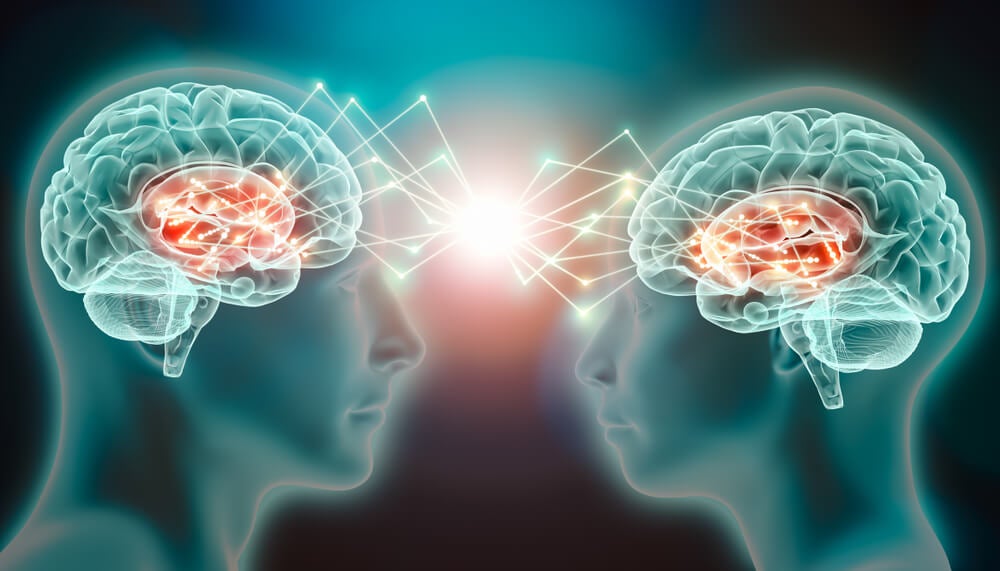The empathetic brain configures in the human being an awakening to the emotions and needs of others, it is the evolutionary result of our socialization, a bond that connects us to live in greater harmony, resolve conflicts and guarantee our survival. Empathy is (or should be) that skill with which we guarantee our well-being.
Should I? For a very specific reason. Most of us know that empathy does not always guarantee humanitarian action. People are able to understand and read the emotions of those in front of them, and that is certainly wonderful. We perceive who is suffering, we notice fear, we read anguish on other faces, etc. However, after putting yourself in each other’s place, you don’t always take the step toward sociable behavior, you don’t always offer help.
- “If you don’t have empathy and effective personal relationships.
- No matter how smart you are.
- You won’t get very far.
- “Daniel Goleman?.
So, as renowned neurologists such as Christian Keysers of the Dutch Institute of Neurology explain, we still know very little about what has been called an empathetic brain. moment, that humans had reached the evolutionary bond that many wanted to call homo empathicus.
However, our behavior remains very individualistic. Empathy leads us to connect with each other, to feel the emotions of others like ours, it offers us extraordinary power, do we already know?, however, we do not use it effectively, as some scientists remind us, we lack a genuine commitment to empathy, because it is not enough to feel it, we must also apply it.
Ortega y Gasset said: without the other, without that other person that is not me, the human being could not understand, nor would we understand the concept of society, man, he says, appears in sociability with the other, alternating with individualism and, at the same time, with reciprocity. This one, which in itself appears as a play of words, sets up a reality that goes beyond the philosophical aspect, to achieve, without a doubt, the psychological and the neurological.
Mirror neurons, as Dr. Keysers reveals, are the ones that shaped our idea of civilization, and they did so by giving us the consciousness of the other, the one I observe, the one I imitate and, in turn, , in which I see myself reflected The empathetic brain not only allows us to understand the point of view of those in front of us , but it also helps us anticipate intentions or needs because, somehow, we are reflected in others, because for our brains, that of others, they are also extensions of ourselves.
If we now wonder what the true purpose of empathy is, it is worth saying that there is not a single answer, we know that no capacity connects us so much between us in such a fabulous way, however, the main neurologists of behavior, such as Vilayanur Ramachandran, claim that the goal of the empathetic brain is not always to generate the good of others , we do not always seek to help or promote humanitarian action.
Because empathy is not synonymous with sympathy and, as is often the case in any social context, do we also have other kinds of interests?
The fact that we can present ourselves to the perspectives of others, to see the world through the eyes of others is, at the same time, a powerful weapon that allows us to build mental models complex enough to know, for example if this individual in front of me has bad intentions, we can even anticipate reactions or use weaknesses in our favor to manipulate people , release your emotions in our favor.
Dr. Ramachandran recalls that mirror neurons represented a fabulous genetic leap in our species, so while many animals also have empathetic abilities, these specialized cells represented in us a sensational advance and allowed the emergence of culture, society and civilization.
Our consciousness has expanded, our thinking has become more abstract and the way we relate has become more sophisticated, sometimes it is cruel and violent, we already know, but it is also more human, and oriented towards greater well-being, order, balance. The empathetic brain is therefore the essence of our social relationships and also of our learning, which, little by little, will allow us to go in the right direction.
Well, as we have already mentioned, empathy is not always accompanied by a sociable act, each person shows different levels of empathy, mirror neurons do not work in the same way in all human beings and affect social interactions, our ability to resolve. problems, our coexistence, etc. Are there scientists who indicate that mirror neurons have an evolutionary component and that, therefore, their power can advance from generation to generation?
Who knows if we will come the day when this power of connection finally facilitates a more harmonious, balanced and respectful reality among all of us.

